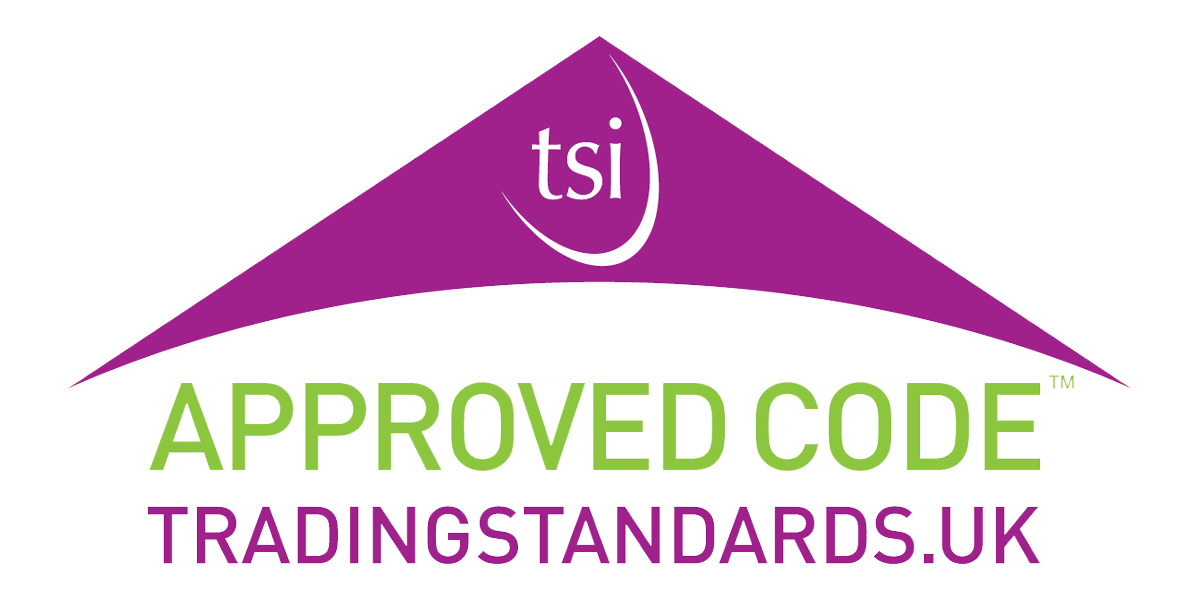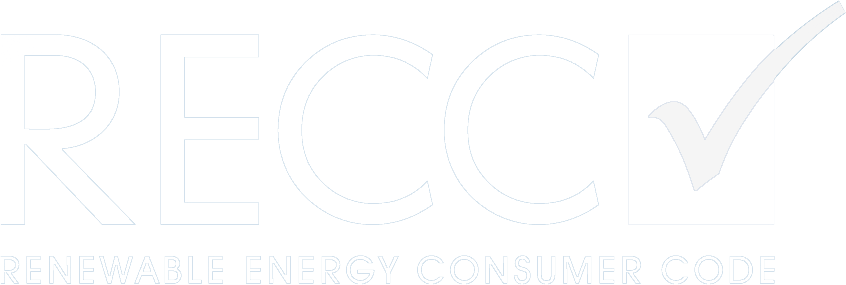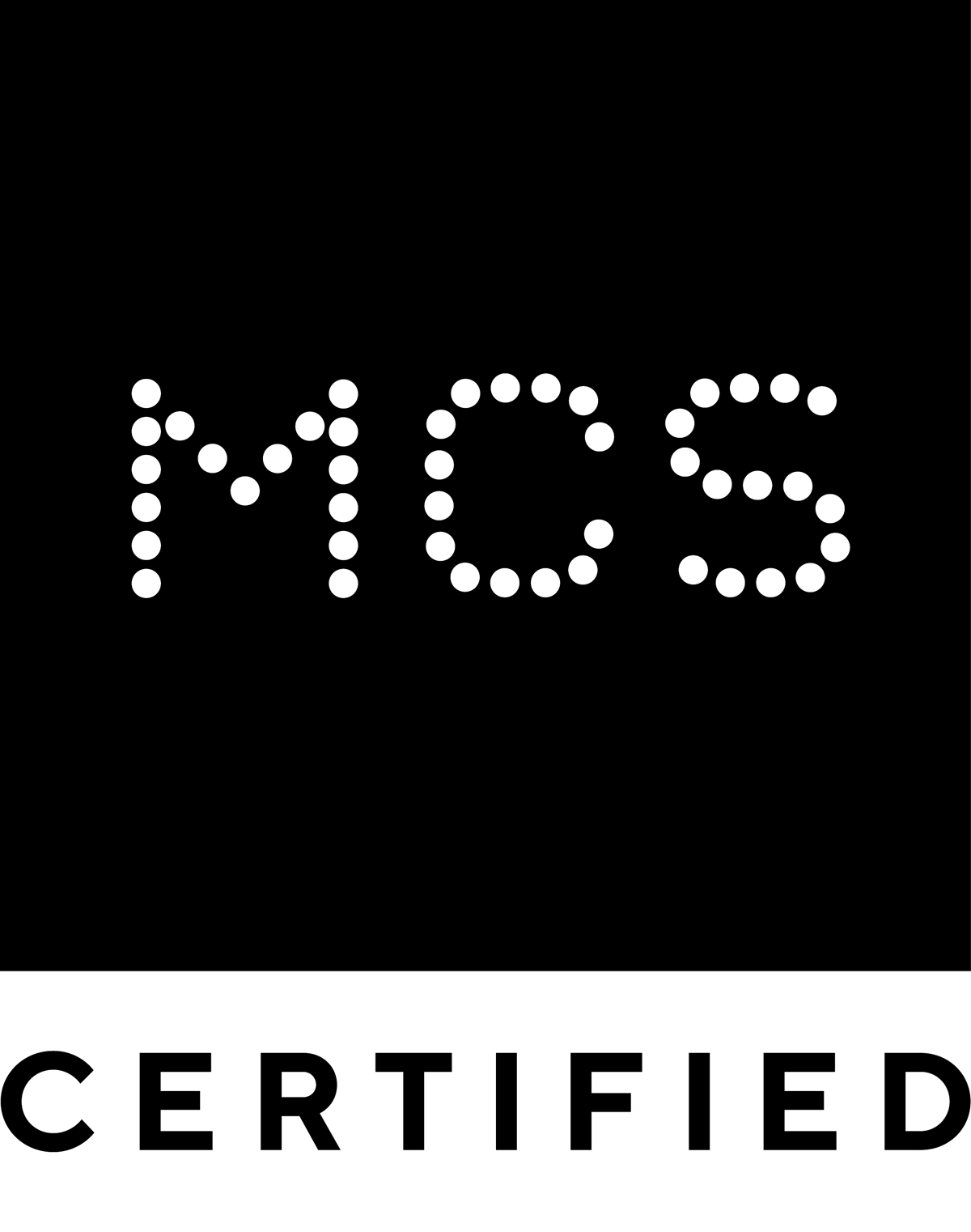Investing in a solar photovoltaic (PV) system for your UK-based business offers numerous benefits, from reducing energy costs to enhancing your sustainability credentials. However, one of the most compelling reasons to consider this investment is the range of tax incentives available. These incentives can significantly reduce the initial cost of installation, making solar energy an even more attractive option. Here’s a look at the key tax incentives that can help offset the cost of installing a solar PV system for your business.
1. Enhanced Capital Allowance (ECA)
The Enhanced Capital Allowance (ECA) scheme is one of the most significant tax incentives available for businesses investing in energy-efficient technologies, including solar PV systems. Under the ECA scheme, businesses can claim 100% of the cost of qualifying energy-efficient equipment against their taxable profits in the first year. This means you can write off the entire cost of your solar PV installation against your profits, reducing your taxable income and potentially lowering your tax bill substantially.
The ECA scheme is designed to encourage businesses to invest in green technologies that contribute to energy savings and lower carbon emissions. By taking advantage of this incentive, you not only reduce the upfront cost of your solar PV system but also support your business’s sustainability goals.
2. Capital Allowances (CAs)
If your business does not qualify for the ECA or if the ECA scheme has ended, you can still benefit from standard Capital Allowances (CAs). CAs allow businesses to deduct a portion of the cost of capital assets, including solar PV systems, from their taxable profits over a number of years.
Under the Annual Investment Allowance (AIA), businesses can claim 100% of the cost of qualifying assets up to a certain limit in the year of purchase. As of the most recent updates, the AIA limit is £1 million, which means you can claim the full amount of your solar PV system’s cost if it falls within this limit.
3. VAT Relief
Another tax incentive to consider is VAT relief. While the standard VAT rate on solar PV installations is 20%, businesses can sometimes benefit from reduced rates or VAT exemptions. The VAT rate for energy-saving materials, including solar panels, is typically reduced to 5% for residential installations. For commercial installations, however, the reduced rate might not always apply directly, but it’s worth checking with your VAT advisor or HM Revenue & Customs (HMRC) to understand if you can benefit from any VAT reliefs or special schemes.
4. Smart Export Guarantee (SEG)
While not a tax incentive per se, the Smart Export Guarantee (SEG) scheme offers a way for businesses to earn money from their solar PV systems. Under SEG, businesses can sell excess electricity generated by their solar panels back to the grid. The payments received for this surplus energy can be reinvested into the business, helping to offset the initial cost of the solar PV system.
While SEG payments are not tax-deductible, they represent a valuable revenue stream that can contribute to your overall return on investment. Ensure you explore the best SEG rates available from various energy suppliers to maximize this benefit.
5. Energy Efficiency Grants and Funding
In addition to direct tax incentives, there may be grants and funding opportunities available for energy efficiency improvements. Government and local authority programs sometimes offer financial support for businesses investing in renewable energy technologies. While these programs vary and may not always be available, they can provide additional financial assistance to further reduce the cost of installing a solar PV system.
Conclusion
The tax incentives available for installing a solar PV system can significantly reduce the initial investment, making it an even more attractive option for UK-based businesses. By taking advantage of the Enhanced Capital Allowance scheme, Capital Allowances, potential VAT relief, and revenue from the Smart Export Guarantee, you can lower your financial outlay and enhance your business’s sustainability.
Investing in solar energy not only supports your company’s environmental goals but also contributes to long-term financial savings and energy independence. By leveraging these tax incentives, you can make the transition to renewable energy more affordable and beneficial for your business.






